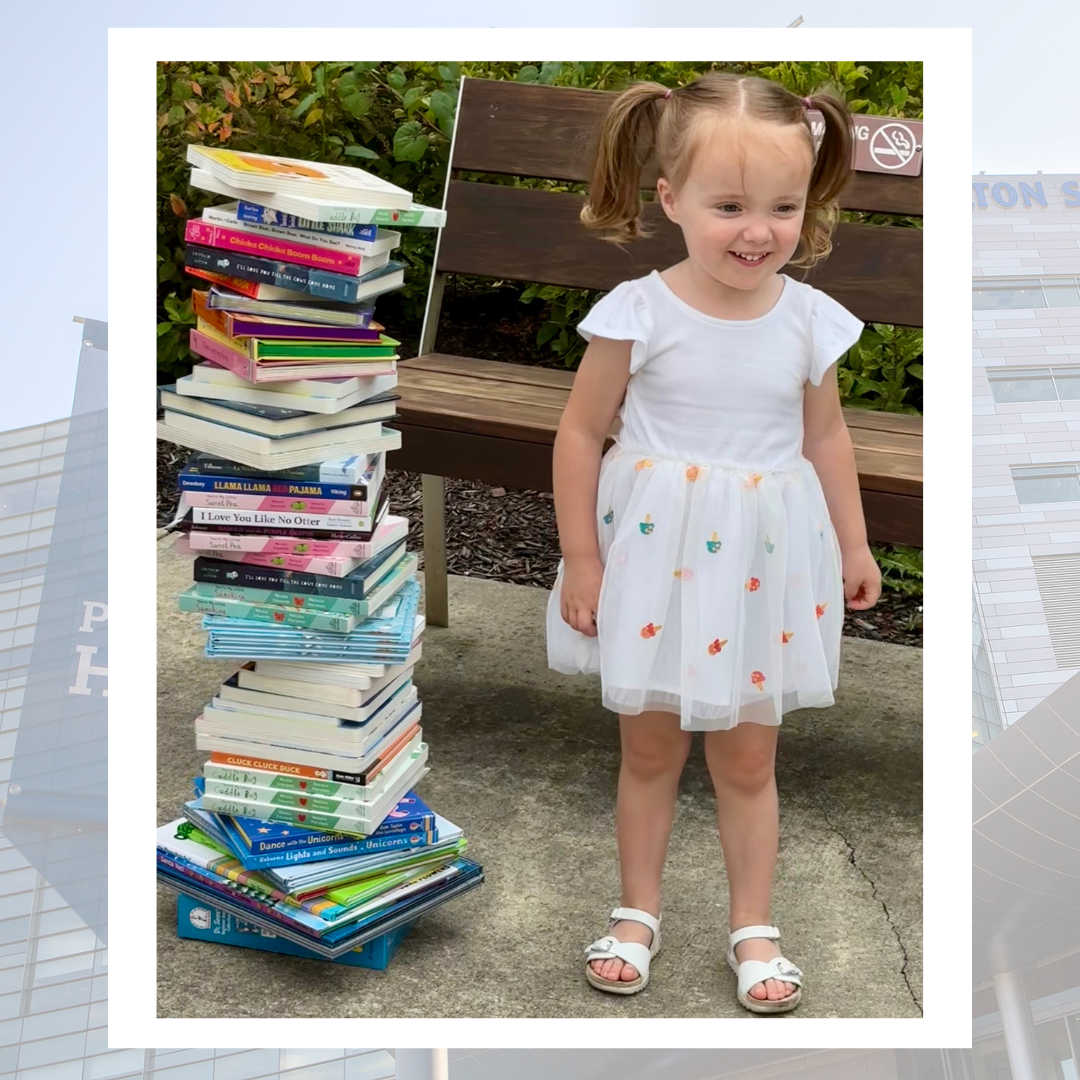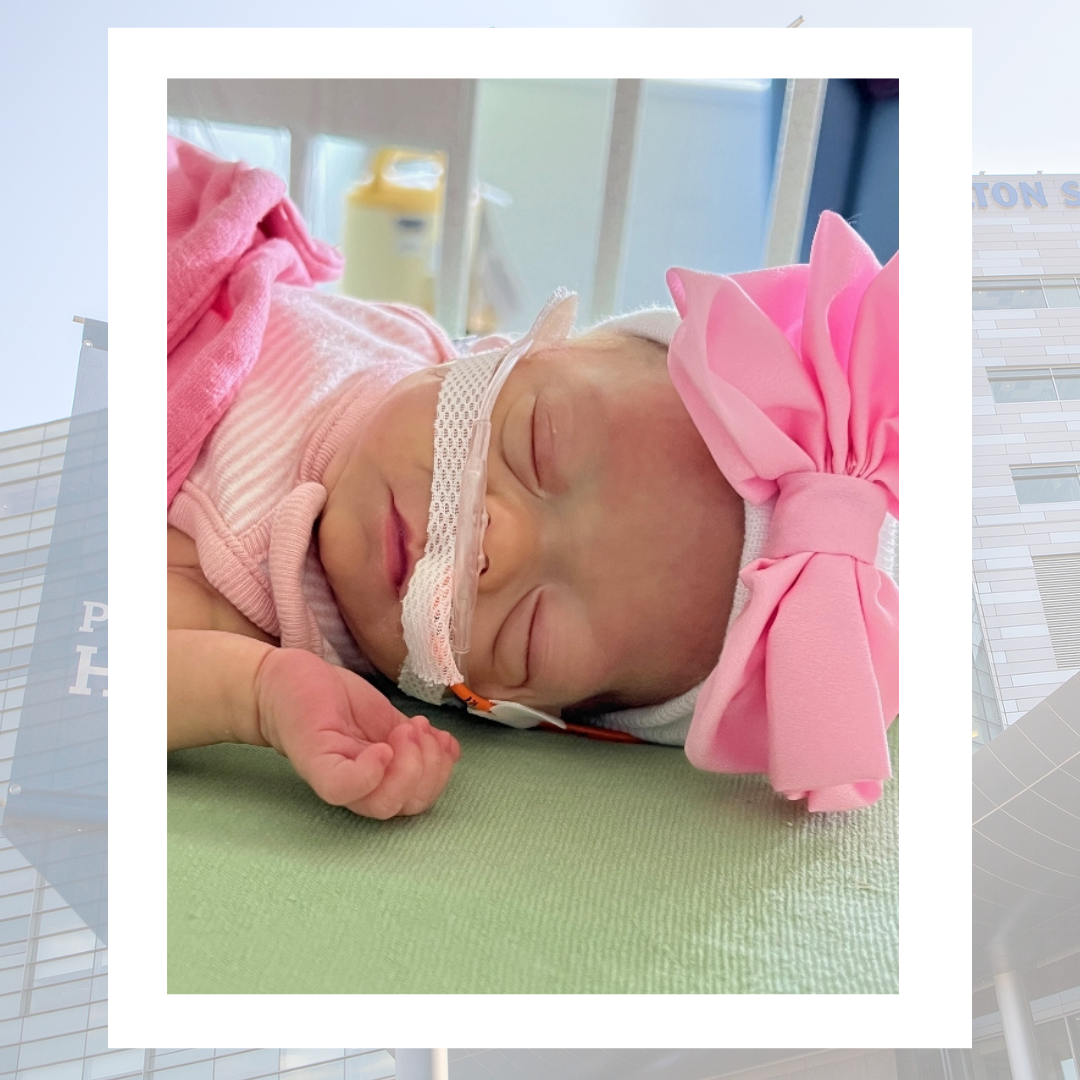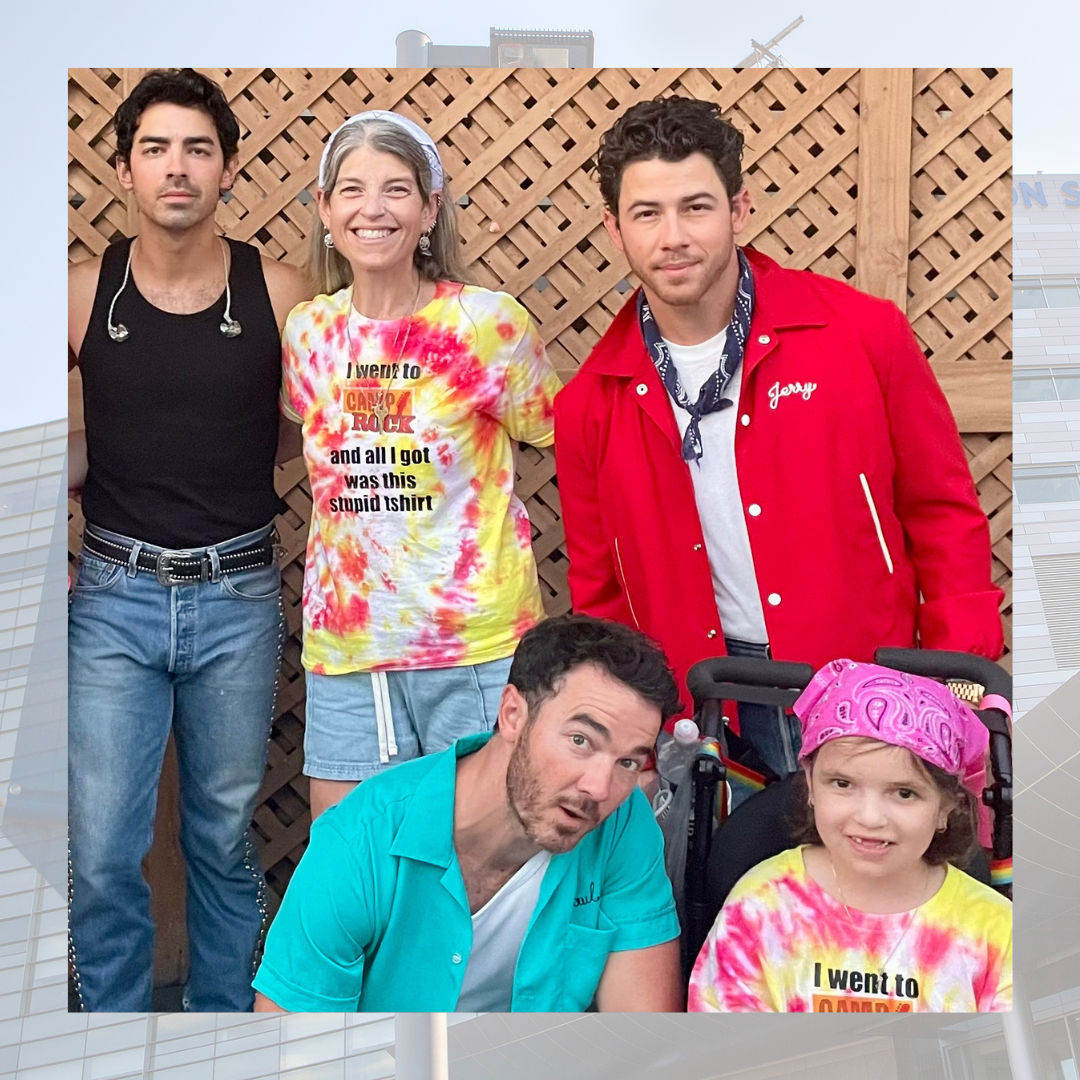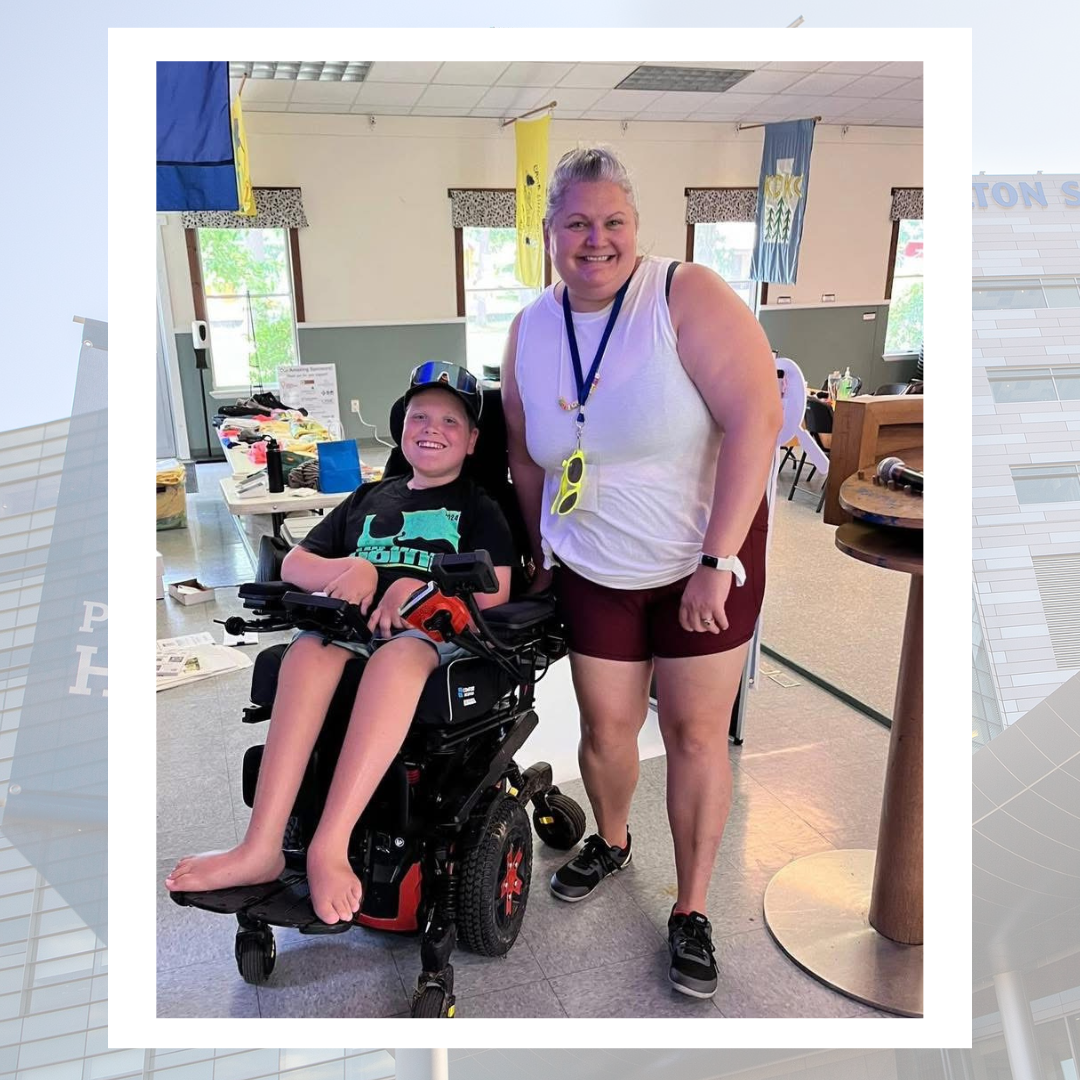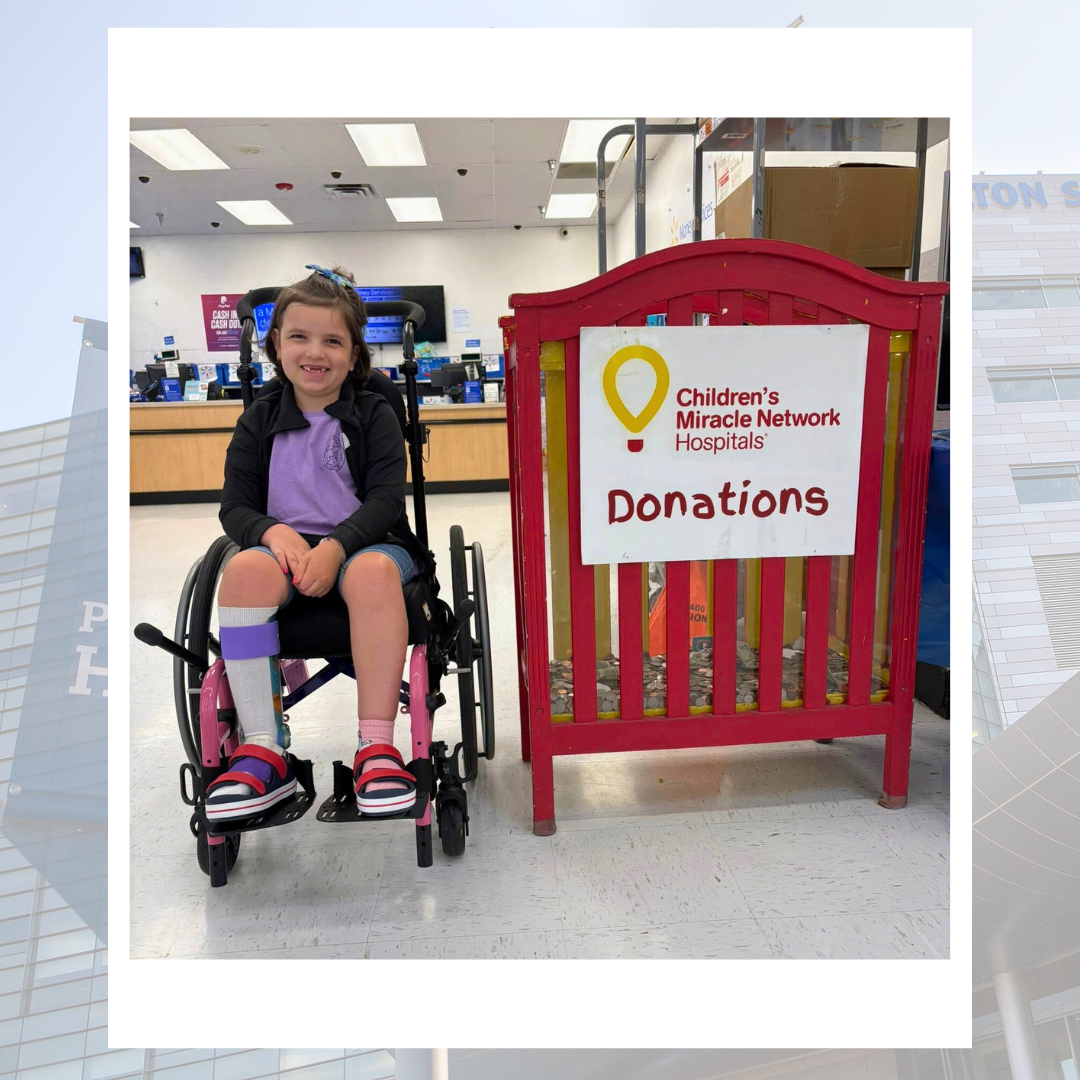CMN-Funded Trial Investigates Key to Helping Young People Overcome Fear of Weight Gain
Support from Children’s Miracle Network allows Penn State Health Children’s Hospital to pursue research that could transform how eating disorders are treated in adolescents and young adults – a population for whom early, effective intervention can be life-changing.
“The current trial is randomizing adolescents and young adults in our program to either weekly blind or open weighing,” said Jamal Essayli, licensed psychologist and program director of the Young Adult Eating Disorders Partial Hospitalization and Intensive Outpatient Program at the Children’s Hospital. “Those in the blind weighing category step on the scale backwards and complete measures throughout their course of treatment. The open weighing group, instead, sees their weight – and we try to add elements to that intervention to challenge their fears of weight gain.”
That fear, he explained, is often one of the greatest barriers to recovery.
“We’re really interested in the question: How do we help patients with eating disorders overcome that fear of weight gain?” Essayli explained. “Because if we can help shift that fear, we can change the trajectory of their treatment – and, potentially, their future.”
As part of the trial, patients identify their feared beliefs – such as, “If I gain weight, I’ll become severely depressed,” or “People won’t love me anymore.” They are then guided to examine the evidence for and against those thoughts.
“When patients see their weight increase and can observe – week after week – that their worst fears aren’t coming true, that’s a breakthrough moment,” said Essayli. “It’s one thing to tell someone they’re strong. It’s another for them to see it for themselves. That’s what this study is allowing us to do.”
Essayli and his team hope that, by making space for both emotion processing and practical exposure, opening weighing can become not just a measurement tool, but a therapeutic one.
“The message we want them to take away is: You are brave. You are strong. You can face something that feels terrifying – and survive it.”
Preliminary data suggests there is no one-size-fits all approach. “Some young people do better with blind weighing, and others from open weighing,” Essayli said. “This research is helping us understand which approach works best – and for whom – so we can individualize treatment and improve outcomes.”
Thanks to funding through Children’s Miracle Network, this work is possible – research that not only helps the young people in this trial, but contributes vital insight to the field at large.
“This is more than numbers on a scale,” said Essayli. “It’s about giving young people their lives back. And CMN is helping make that possible.”
